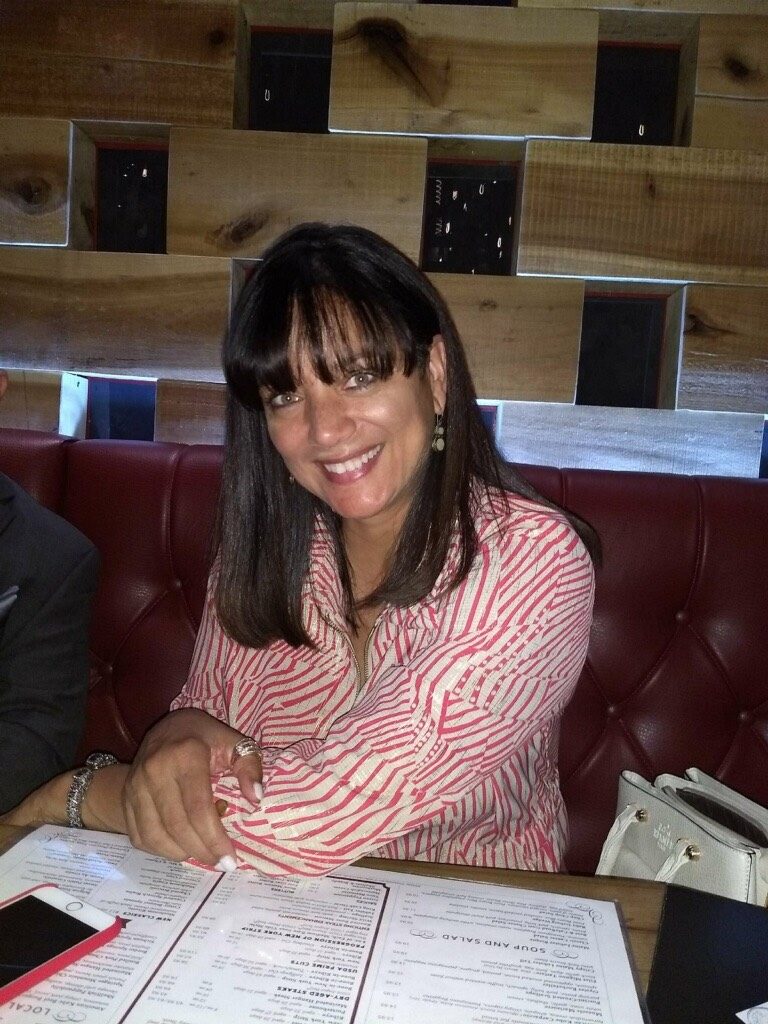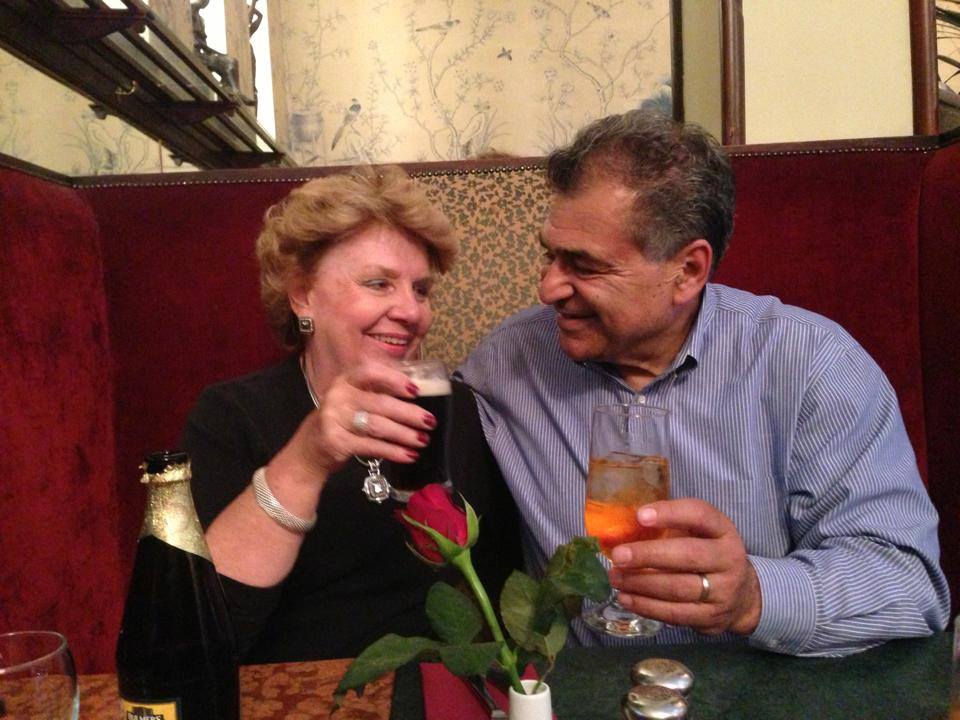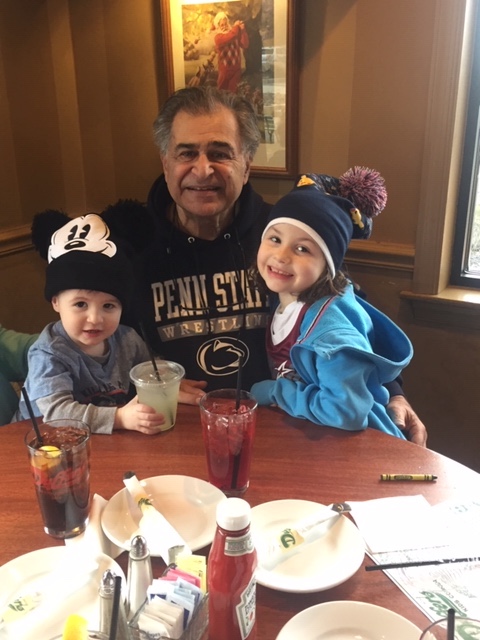Welcome to the Aphasia Threads Project, which weaves together three points-of-view: people with aphasia, caregivers, and the professionals who help each family navigate aphasia. Each week, we bring together three unrelated stories, one from each member of this triad, to learn from their experience. This week, we’ll hear from Cindy, a person with aphasia, who had a stroke. Then, we’ll hear from Chris, who is a caregiver for his father who has primary progressive aphasia. Finally, we’ll hear from Melodie, a speech-language pathologist in Toledo, Ohio.

Person with Aphasia
I had a stroke.

Aphasia Changes Your Life
I started a non-profit called the Health Education Humor Expo. (The event is coming up on September 28th in Atlanta, Georgia)
But There Are Things That Help
Laughter.
And Things You Learn Along the Way
Don’t let other people rush you!
What Caregivers and Professionals Can Learn From Me
Be patient. Talking more… and use short sentences.

Caregiver
Slowly. I remember an incident as a teenager that seemed like nothing more than a scare with my Dad at the time, and I seemingly didn’t hear anything further about it for a couple of years. Looking back, I pinpoint that moment 8 or 9 years ago as the “start” of the PPA, although I’m sure it goes back even farther than that. I went away for college and would still have weekly calls with my Dad, but slowly it became harder and harder to have full conversations.

Aphasia Changes Your Life
I don’t live at home with my parents––where my dad is––and I’m 2.5 hours away. My day-to-day isn’t as impacted, which almost makes this harder to think and write about. It hasn’t necessarily strained or worsened my relationship with my dad; I just miss having full/complete conversations with him. There are moments “where the light gets in,” so I try to note those conversations/topics mentally and talk about those more frequently with him.
Separately, my mom cares for my dad 24/7. Whenever I go home, which I’ve been trying to do more frequently, I usually leave thinking “I need to move home soon.” Part of me is more worried about my mom’s mental health and sanity than my dad’s. But, despite all of this, I think I’ve grown closer with all of my family because we understand the love and strength needed to keep all of us together.
But There Are Things That Help
I’m looking forward to reading what others have to say because my family and I don’t use any tools, apps, or therapy.
And Things You Learn Along the Way
Watching my mom being the incredible caregiver that she is, I would say that you need to still keep your own health a priority. I would also encourage new caregivers to research PPA (or whatever the type may be) to understand symptoms and potential ways of lessening the symptoms.

What People with Aphasia and Professionals Can Learn From Me
Ultimately, love wins. Don’t let the disease destroy your relationships. Yes, it’s hard. And it’s probably only going to get harder. And more painful. I’ve unfortunately watched some of my dad’s friends become more reluctant to socialize with him (or even my parents together) just because having conversations is more difficult for him. He still WANTS to participate in those conversations, and he still WANTS to see old friends, but sometimes he may need some help or time while he keeps up with the conversations. His face still lights up at the sight of his wife, kids, grandkids, old friends, or even a baseball game – these are the moments where the light gets in. And love wins.

Professional
Melodie works as a speech-language pathologist in Toledo, Ohio. Additionally, she volunteers with Aphasia Recovery Connection on their advisory board and she fosters future service dogs at Paws with a Cause..
I wanted to see how this population could be helped both in and out of the therapy room.

What I’ve Noticed Along the Way
What stands out to me is the isolation that people with aphasia and their care partners feel, especially as traditional therapy is ending.
There Are Things That Help
It is crucial to give a person with aphasia and their care partners resources to connect them with others going through the same journey. This will also provide them with hope and guidance for the future. Only someone going through the same or similar challenges can truly understand.
And I Encourage New Professionals to Learn About Aphasia
If you think that your patient has plateaued think outside of the box and change the goals. The person with aphasia probably didn’t plateau; the therapy plan did.
What People with Aphasia and Caregivers Can Learn From Me
I believe that the hours one spends in a therapy room is only as good as the carryover to real life. A “life participation” approach should be a common thread throughout their lives with aphasia in order to maximize recovery.
There is always hope, and no health professional has the right to take that away, especially at the beginning of this journey.

Want to Be Featured in a Future Article?
Aphasia Threads is an on-going project created by the National Aphasia Association. If you’d like to be featured, don’t leave a comment. Instead, please read the opening post for more information or fill out our form and we’ll contact you.



